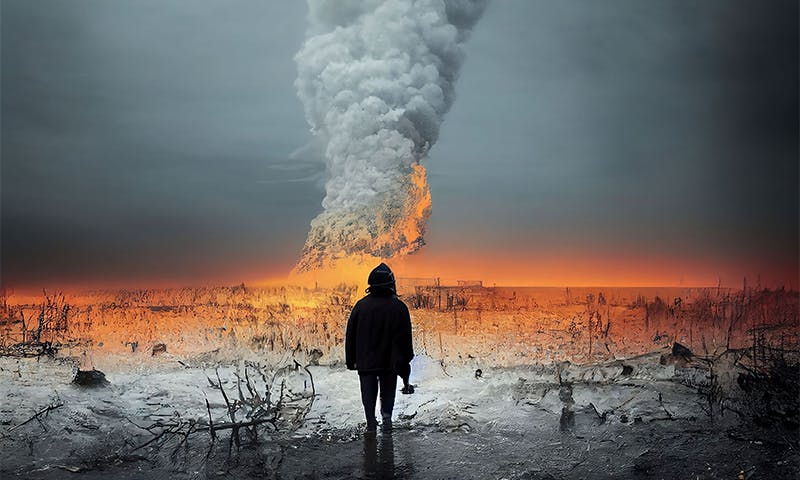In the realm of geopolitical speculation, the question of whether the United States will collapse is a topic that often surfaces in discussions ranging from academic circles to casual conversations. It's a complex and multifaceted issue that requires examining historical precedents, current socio-economic trends, and global dynamics. Let's delve into this question with a nuanced perspective.
Historical Context
Throughout its history, the United States has faced numerous challenges — economic downturns, political upheavals, social unrest, and external pressures. Yet, it has consistently demonstrated resilience and adaptability. From the Civil War to the Great Depression, from the Civil Rights Movement to the recent global pandemic, each crisis has tested the nation's resolve but ultimately strengthened its democratic institutions and societal cohesion.
Current Challenges
Today, the U.S. faces a unique set of challenges. Economic inequality, political polarization, racial tensions, and environmental concerns dominate public discourse. The COVID-19 pandemic exposed vulnerabilities in healthcare infrastructure and highlighted disparities in access to essential services. Meanwhile, debates over immigration, gun control, healthcare reform, and climate change underscore deep divisions within American society.
Socio-Economic Trends
Economically, the U.S. remains a global powerhouse, with a diverse economy driven by innovation, entrepreneurship, and technological advancements. However, structural issues such as income inequality and the rising cost of education and healthcare pose long-term challenges. The national debt continues to grow, raising concerns about fiscal sustainability and future generations' economic prospects.
Also Read: Vizhinjam international seaport
Political Landscape
Political polarization has reached unprecedented levels, with ideological differences widening and bipartisan cooperation becoming increasingly elusive. The influence of money in politics, gerrymandering, and the role of media in shaping public opinion further complicate governance and policy-making. The resilience of democratic norms and institutions faces ongoing scrutiny amidst debates over voting rights, electoral integrity, and the rule of law.
Global Dynamics
Internationally, the U.S. remains a dominant player, with significant influence in geopolitics, trade, and security. However, emerging powers like China and regional challenges in the Middle East, Eastern Europe, and Asia-Pacific present complex geopolitical dynamics. The global shift towards multipolarity raises questions about America's role in a changing world order and its ability to navigate shifting alliances and strategic rivalries.
The Way Forward
Predicting the future of any nation, let alone a global superpower like the United States, is inherently uncertain. While challenges abound, history suggests that resilience, adaptability, and institutional strength can mitigate risks of collapse. The nation's capacity for self-correction, innovation, and social progress remains a beacon of hope amid uncertainty.
In conclusion, the question of whether the United States will ever collapse is a provocative one that invites reflection on historical precedent, current challenges, and future possibilities. While no nation is immune to crises or internal divisions, the United States' history of resilience, innovation, and democratic governance provides a solid foundation for confronting challenges and shaping its future trajectory.
As citizens and global observers, our role lies in fostering informed discourse, promoting civic engagement, and advocating for policies that uphold democratic values and inclusive prosperity. By embracing dialogue, diversity, and a shared commitment to the common good, we can collectively navigate uncertainties and chart a course towards a resilient and prosperous future for generations to come.


.jpg)



0 Comments